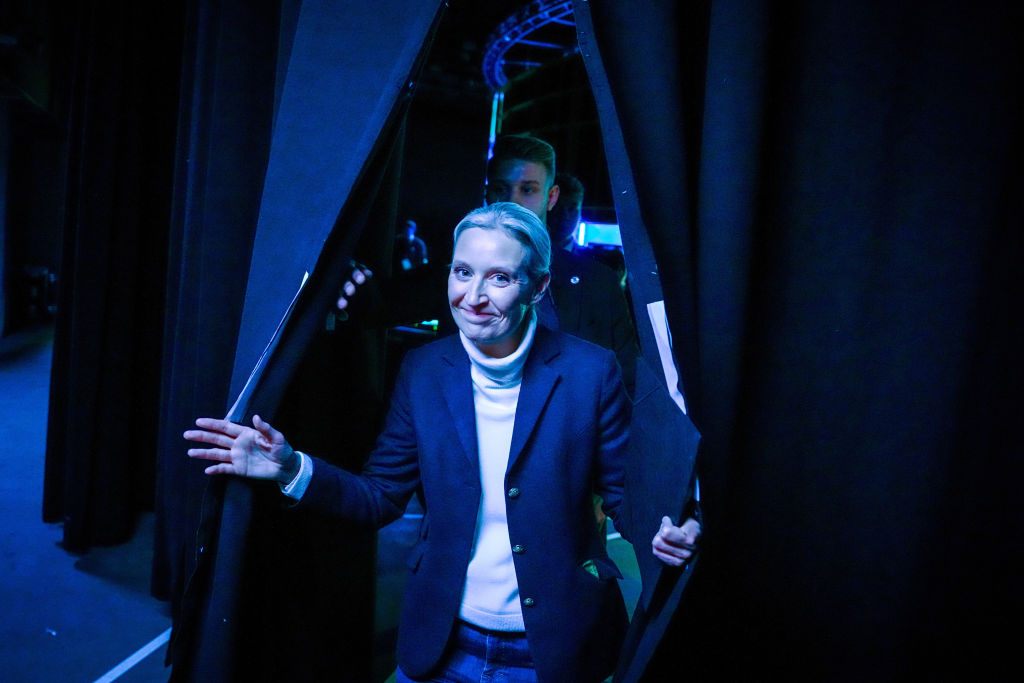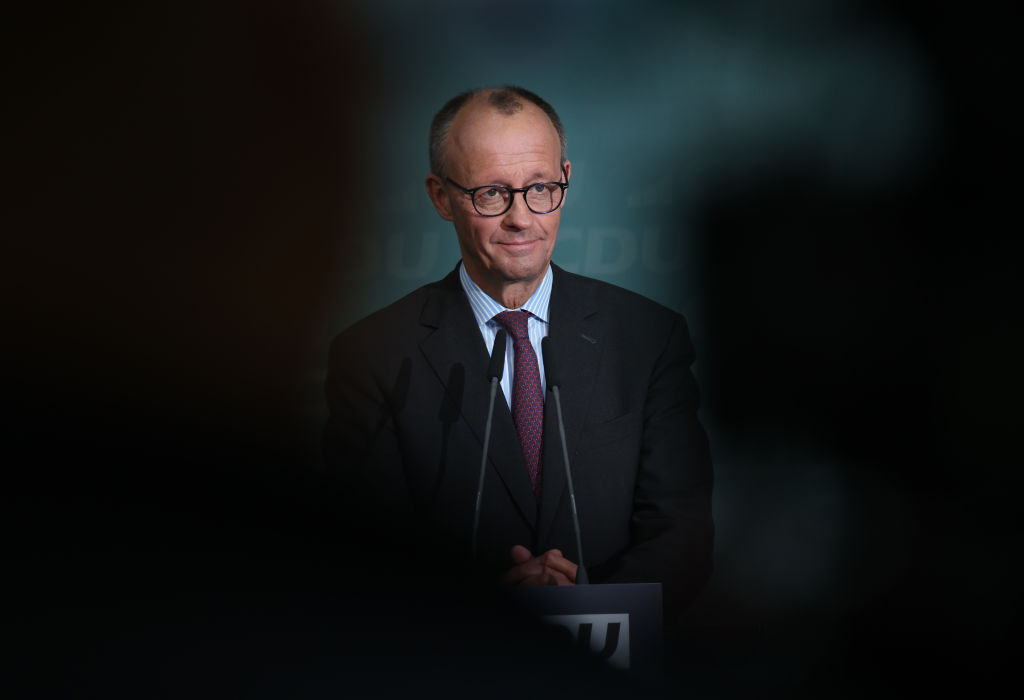The main chamber of Germany’s parliament, the Bundestag, has held its first session in the new composition after the February 23 national elections.
The session on March 25 was opened by Gregor Gysi, leader of the left-wing Die Linke party. He is the current Bundestag’s Seniority President (Alterspräsident), a ceremonial title conferred on the longest-serving MP.
The Seniority President hosts the first session until a new Bundestag president is formally elected. He also holds the opening speech.
Gysi’s presidency has drawn harsh criticism due to his own past and that of his party.
Die Linke is the legal successor to the former Communist Eastern German State party, the Socialist Unity Party (SED). The SED was at the helm of the German Democratic Republic (GDR) from 1949 until 1990.
Under its authoritarian rule, the GDR’s economy tanked, political dissidents were imprisoned and executed and those who tried to flee the country into Western Germany were targeted with armaments.
Altogether close to 1,000 people were killed by GDR border guards, mines and automatic firing systems while trying to flee from the GDR.
After German reunification in 1990, the SED morphed into the Party of Democratic Socialism (PDS) and succeeded in getting elected to several Eastern German State parliaments.
It also managed to avail itself of a large portion of the SED’s sizeable party funds, reportedly in the billions of Euros. After a series of name changes PDS became Die Linke in 2007.
In 2009, Karl Holluba, the party’s treasurer, declared under oath in front of a Berlin court: “Die Linke is legally identical with the pre-existing PDS and the pre-existing SED.”
Gysi himself was the SED’s last chairman before the downfall of the German Democratic Republic and subsequent German reunification. He had joined the party in 1968 at the age of 19.
He has been repeatedly accused of being an “unofficial collaborator” (an informant) of the GDR’s internal security service, the Stasi.
Hubertus Knabe, a German historian and former director of the documentation centre for GDR crimes in Berlin, called it a “bad joke of history” that the man who fought the German Federal Republic for decades was now allowed to open its Bundestag.
Publicist Alexander Kissler called Gysi a miscast as president. As the former chairman of the SED, Gysi had no right to speak in the name of federal German parliamentarianism, he claimed. “Gregor Gysi should have done what he does worst – shut up,” Kissler stated.
Gysi used his opening speech to demand that a German university be named after Karl Marx. He also suggested the university in Marx’s home town of Trier should be the recipient of that “honour”.
Historically, the title of Seniority President has been awarded to the Bundestag’s oldest MP since the chamber first constituted itself in 1949 – and even in its predecessor, the Reichstag of the Weimar Republic.
Despite that, in 2017, the Bundestag’s rules of procedure were amended with the votes of CDU and SPD to instead confer the honour on the chamber’s longest-serving MP.
That move was largely criticised as a political measure to avoid giving the Seniority Presidency to an MP from the right-wing Alternative for Germany (AfD) party – which was set to enter parliament after the next elections and would probably have had the oldest MP within its ranks.
The so-called 21st Bundestag comprises only 630 MPs – 100 fewer than its predecessor.
After the Liberal FDP and the left-wing BSW both narrowly missed the 5 per cent hurdle in the elections, there are now only five major parties left in parliament – the Conservative CDU, the right-wing AfD, the Social Democrats, The Greens party and the ex-Communist Linke party.





